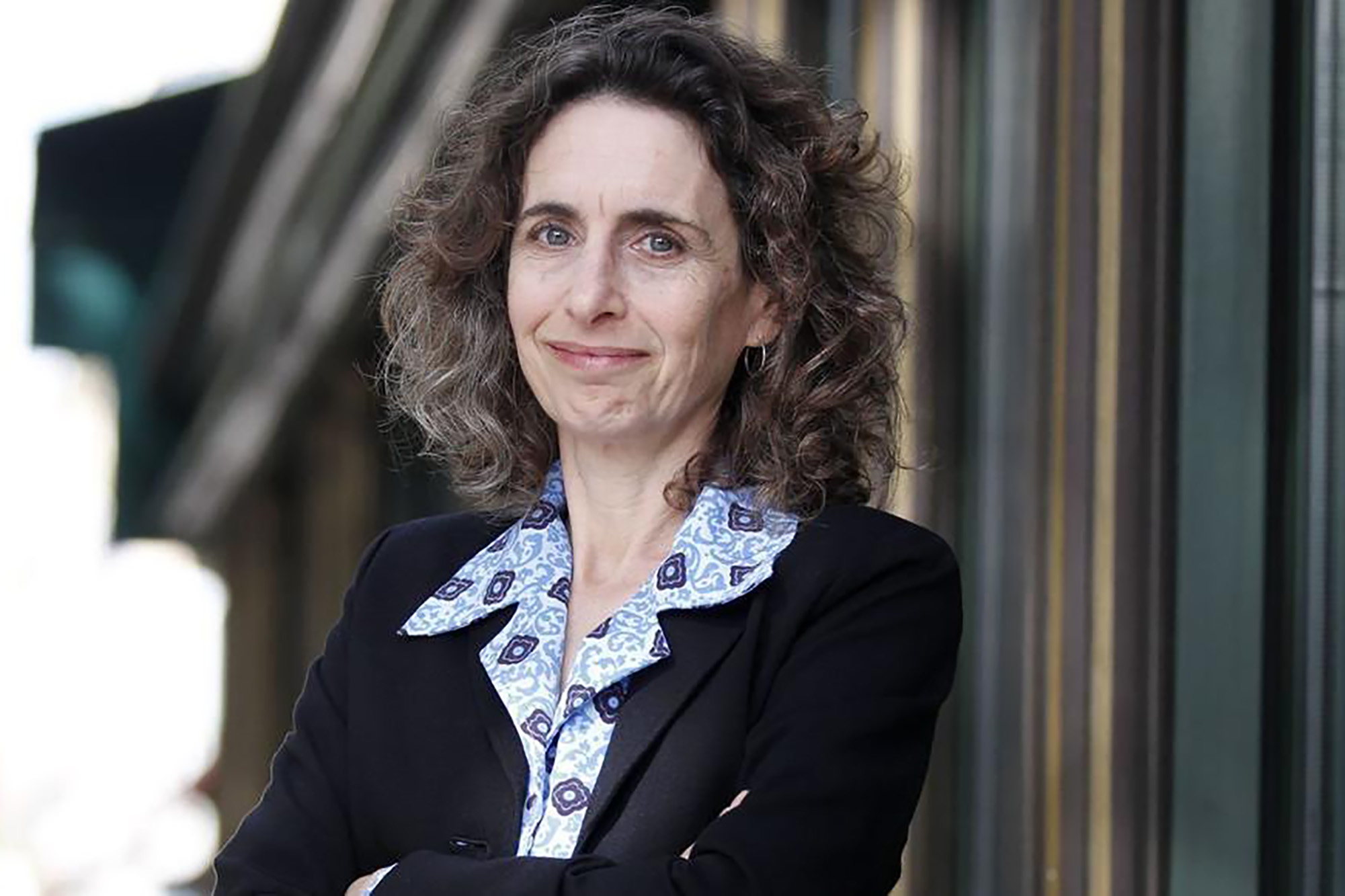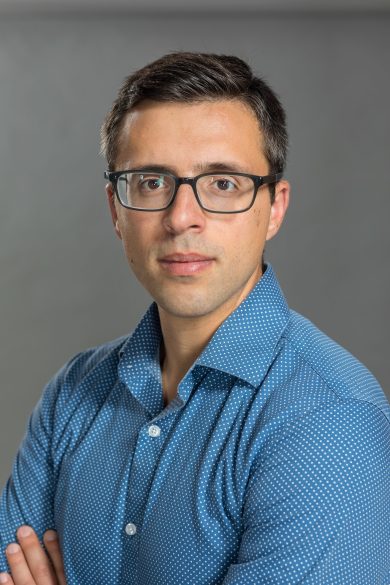Introducing The Humanities Institute’s 2023 Deep Read: Elizabeth Kolbert’s Under A White Sky: The Nature Of the Future
Distinguished alumnus Ezra Klein to interview Kolbert live on stage at the Quarry Amphitheater on Sunday, May 21
Original Link: https://news.ucsc.edu/2023/02/tci-deepreads-feature-dw.html

The Humanities Institute’s latest Deep Read selection delves into the ingenuity and complications of efforts to reverse environmental damage and climate change.
The fourth annual Deep Read series officially gets underway in mid-April, with a host of online and in-person discussions about Under A White Sky: The Nature Of The Future by New Yorker staff writer and bestselling author Elizabeth Kolbert, author of the Pulitzer Prize-winning nonfiction book The Sixth Extinction: An Unnatural History.

Kolbert is widely recognized as one of this country’s most articulate and impassioned voices about climate change.
UCSC students, faculty, staff, alumni, and members of the broader community are all welcome to participate. Sign up at The Humanities Institute’s Deep Read page. THI will distribute 1,200 free copies of Under a White Sky—1,000 to students and 200 to Deep Readers across the U.S.
The program kicks off this spring and culminates in an event on Sunday, May 21 at the Quarry Amphitheatre, where Deep Readers will take part in a live discussion about Under A White Sky with Kolbert, who will be in conversation with the journalist, political analyst, and New York Times columnist Ezra Klein, host of the Ezra Klein Show podcast.
“We’re looking forward to engaging with Deep Read participants around the climate change issues that Kolbert details with such nuance and urgency in her book, learning about how our community is involved in efforts to mitigate the climate crisis and discussing the crucial role that the humanities play in communicating the gravity of the crisis,” said Laura Martin, who teaches the Deep Read course at Porter College and is the THI project manager for the Deep Read program,
“UC Santa Cruz has been an important voice for conservation and environmental protection since it opened in 1965,” Humanities Dean Jasmine Alinder said. “These Deep Read events will enhance and deepen our understanding of the climate crisis, as well as the potentials, complications, and consequences of countermeasures.”
“This a great opportunity to talk about how humanistic modes of inquiry contribute to this conversation,” Alinder added. “Science is an important part of the solution, but the humanities can help us center issues of justice and take into consideration how history, culture, and behavior influence our perspectives and actions..”
Those humanistic modes of inquiry also play an integral role in understanding and confronting the consequences of actions taken in response to environmental and climate-related problems, an issue that Kolbert’s book addresses in detail, Alinder said.
Under A White Sky “expertly mixes travelog, science reporting, and explanatory journalism, all with the authority of a writer confident enough to acknowledge ambiguity,” says Carlos Lozada in the Washington Post.
“Kolbert is peerless in her ability to convey hard truths about the impact of human activity on the environment with a sense of humor that encourages us to be hopeful that we can learn from our mistakes, that all is not lost” said professor of literature Sean Keilen, who co-founded The Deep Read program with Irena Polić, managing director of The Humanities Institute at UCSC.
Kolbert’s book delves deeply into the damage that people have done to the earth, and the great lengths that concerned scientists have taken to mitigate some of that damage, from building ‘electric fish barriers’ to recreating entire environments in laboratory settings.
But the book also examines the chilling complications and unintended consequences of humans using their talents, ingenuity, and resources to reverse or at least slow down some of the tremendous damage homo sapiens has inflicted on the environment.
Under A White Sky’s opening chapters show what happened when biologists, a year after the publication of Rachel Carson’s Silent Spring in 1962, started using exotic carp in place of pesticides to counter the growth of aquatic plants that choked waterways. It didn’t take long for the resilient, adaptable carp to become a far bigger problem than the plants, gobbling native species, reproducing at astounding rates, and expanding their territories.
To engage with this book, members of the UC Santa Cruz community will delve deeply into Under A White Sky while considering the stark changes taking place in the world and explore the efforts to adapt and survive in this era of climate change.
Readers will look at how a humanistic approach to the subject of climate change can help humans navigate this difficult reality and live ethically in a period of ongoing climate crisis.
The Deep Read activities will include regular weekly emails that will unpack different aspects of the book with the guidance of visiting associate professor of journalism Jody Biehl, professor of environmental studies Sikina Jinnah, professor of marine sciences Mike Beck, who directs the new Center For Coastal Climate Resilience, and assistant professor of environmental art Jorgge Menna Barreto.
There will be online forums to ask questions and connect with fellow Deep Readers, and a salon in which participating professors will lead a discussion with UCSC students and other members of the Deep Read community joining either virtually or in person.
The Deep Read Program is made possible through the generous support of the Helen and Will Webster Foundation.
Visit this website to learn more about the Deep Read program and to sign up for updates.
